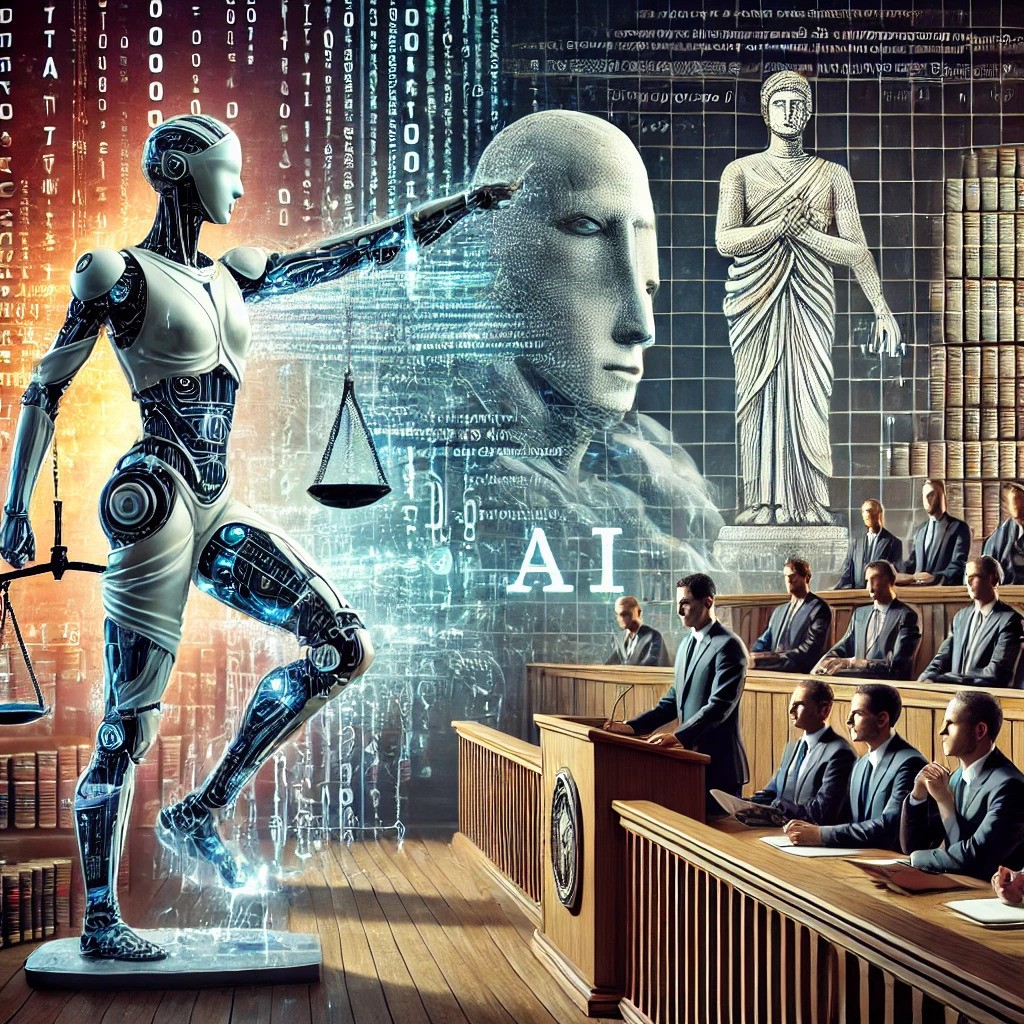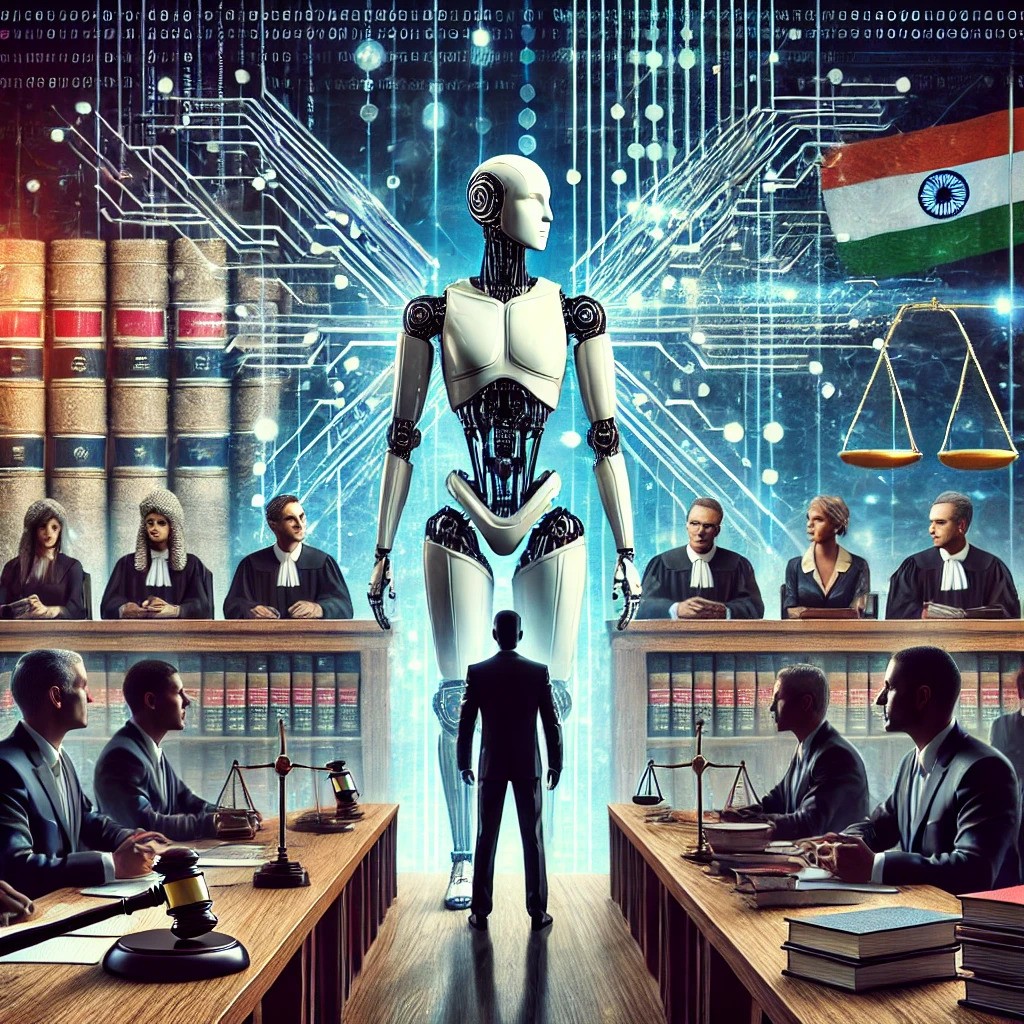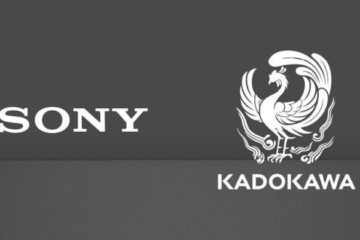OpenAI vs Indian Publishers: ChatGPT Copyright Battle Heats Up
In a significant development that could reshape the artificial intelligence landscape in India, OpenAI has mounted a strong defense against copyright infringement allegations from prominent publishers. The AI giant, known for its revolutionary ChatGPT service, filed a robust response in a New Delhi court on January 26, 2025, arguing that its AI model only utilizes publicly available information.
The Legal Battle Unfolds
The controversy began when India’s premier news agency ANI initiated legal proceedings in late 2024. Since then, the case has snowballed into a major legal confrontation, with heavyweight players joining the fray. The Federation of Indian Publishers, representing both domestic firms and international publishing giants like Bloomsbury and Penguin Random House, has emerged as a key challenger to OpenAI’s practices.
Key Players in the Battle
Adding to the complexity, several digital media powerhouses, including those owned by Indian business titans Gautam Adani and Mukesh Ambani, have aligned themselves with the publishers’ cause. This consolidation of media and publishing interests underscores the case’s far-reaching implications for India’s digital landscape.
The Publishers’ Stance
At the heart of the dispute lies the publishers’ contention that ChatGPT is essentially functioning as an unauthorized digital library. They argue that the AI service is capable of generating detailed book summaries and excerpts, potentially undermining their business model and intellectual property rights. The Federation of Indian Publishers, through their secretary Pranav Gupta, emphasizes that much of the content ChatGPT accesses comes from websites with existing licensing agreements with publishers.
OpenAI’s Defense Strategy
In its 21-page response, OpenAI presents a methodical defense of its practices. The company maintains that its web crawlers are designed to access only publicly available information, including:
- Wikipedia entries
- Public book summaries
- Tables of contents
- Abstracts available on publisher websites
Legal Arguments
OpenAI’s legal team emphasizes that the publishers have failed to provide concrete evidence of the AI service training on copyrighted literary works. The company stands firm on its position that its use of publicly available data falls within fair use principles.
Jurisdictional Challenge
In an interesting legal maneuver, OpenAI has questioned the very jurisdiction of Indian courts over this matter, citing the location of its servers outside India. This jurisdictional challenge adds another layer of complexity to an already intricate legal battle.
Global Context and Implications
This case is not occurring in isolation. Similar legal challenges are unfolding worldwide, with creators across various sectors – from authors and journalists to musicians – questioning AI companies’ use of copyrighted material for training purposes. The Indian court’s decision could set a significant precedent for how AI companies operate in emerging markets.
Industry Impact
As India represents OpenAI’s second-largest market by user base, the outcome of this case could have substantial implications for:
- The future of AI services in India
- Copyright law in the digital age
- The relationship between AI companies and content creators
- The development of AI regulation in emerging markets
Looking Ahead
The New Delhi court’s hearing on January 28, 2025, marks a crucial juncture in this ongoing legal saga. The decision could potentially establish new frameworks for AI regulation in India and influence similar cases globally.
Conclusion
This landmark case highlights the growing tension between technological innovation and intellectual property rights in the digital age. As AI continues to evolve and integrate into various aspects of our lives, the resolution of such legal challenges will play a crucial role in shaping the future of artificial intelligence and content creation.

FAQs about the OpenAI-Indian Publishers copyright case:
Q: What is the main issue in the OpenAI vs Indian Publishers case? A: The core dispute involves allegations that OpenAI’s ChatGPT service reproduces copyrighted content from books without proper licensing or permission. Publishers claim ChatGPT can generate book summaries and excerpts from their copyrighted works, while OpenAI maintains it only uses publicly available information.
Q: Who are the main parties involved in this legal battle? A: The key parties include:
- OpenAI (defendant)
- ANI (original plaintiff)
- Federation of Indian Publishers (representing publishers)
- Major publishers like Bloomsbury and Penguin Random House
- Digital media outlets owned by Gautam Adani and Mukesh Ambani
Q: Why is this case significant for India? A: India is OpenAI’s second-largest market by user base. The case could establish legal precedents for AI regulation in India and potentially influence how AI companies operate in emerging markets. It may also shape the framework for protecting intellectual property rights in the AI era.
Q: What is OpenAI’s main defense in this case? A: OpenAI argues that:
- Its web crawlers only access publicly available information
- Content comes from sources like Wikipedia and public book summaries
- Publishers haven’t proven ChatGPT was trained on original literary works
- Indian courts lack jurisdiction as OpenAI’s servers are located abroad
Q: How might this case affect the publishing industry? A: The outcome could impact:
- How publishers protect their digital content
- Licensing agreements between publishers and technology companies
- The future of AI-generated content and summaries
- Revenue models for digital publishing
Q: What precedent could this case set for global AI regulation? A: This case could influence:
- How copyright laws apply to AI training data
- The definition of fair use in the context of AI
- International jurisdiction over AI companies
- Standards for AI companies’ use of copyrighted material
Q: What is the publishers’ main argument against OpenAI? A: Publishers argue that ChatGPT:
- Produces unauthorized book summaries and extracts
- Uses content from licensed websites without permission
- Potentially impacts their business model and revenue
- Violates their intellectual property rights
Q: When will this case be resolved? A: The case is currently being heard in the New Delhi court. While the exact timeline for resolution isn’t clear, it’s being treated as a significant case that could have long-term implications for AI regulation in India.
Q: How does this case compare to other AI copyright cases globally? A: This case joins a growing number of legal challenges worldwide where content creators (authors, musicians, news organizations) are questioning AI companies’ use of copyrighted material for training purposes. It’s particularly significant due to India’s large market size and growing tech industry.
Q: What immediate impact could this case have on ChatGPT users in India? A: While the case is ongoing, ChatGPT continues to operate in India. However, the outcome could affect:
The way AI services operate in the Indian market
Access to certain types of content through ChatGPT
How the service processes and generates responses about copyrighted material




